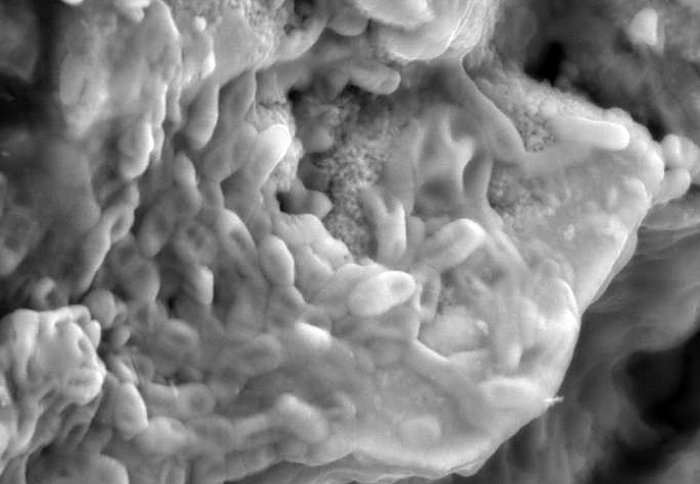-

UK: DNA of bacteria responsible for London Great Plague of 1665 identified
-

North America: Archaeologists piece together how crew survived 1813 shipwreck in Alaska
-

More Stuff: Paris Egypt exhibit holds defiant message for Islamic State
-

Fossils: Dinosaur fossil investigation unlocks possible soft tissue treasure trove